What is "Real Politics" about?
Our Web3 Startup «Real Politics» is an independent, transparent electoral platform for (wannabe) opinion leaders. It is highly gamified and works in both business industries: Social Innovation and Entertainment. In addition to addressing important social issues, our goal with this project is to make a public debate a fascinating process.
It is a commercial project with an expected huge advertising reach, as it is the first platform of its kind and is scalable across the world.
Public discussion, if you look at it without bias, has an extended gaming element to it. Why do people like following public discussion so much? Because it's fun. But sometimes it turns into some sort of absurdity, and then people turn away from it. And our project will bring a new spark, because many people who have something to say on various topics, who for various reasons have not become bloggers or anyone else, but believe that their word can have weight - get the opportunity to speak out.
So the idea is that now our main clients — opinion leaders — are wandering around in different corners of the internet, but the attention they get from there doesn’t bring enough benefits for them. The likes and following on youtube, for instance, shows that you have support, but it has much less weight than it could have, if it was converted into legit votes from people.
Our platform basically collects in one place all those opinion leaders or wannabe ones, their audience too, gives them legitimacy and organizes that sort of attention around them that they deserve. So they have a chance to gain more weight as a figure through fair and transparent voting. And public figures are very interested in that. Because now we observe many of them saying stuff into emptiness. Even if their audience listens to them, we can see that they are not satisfied with the position they have now.
Now, at the moment, they broadcast only to their audience and have no opportunity to participate in any cross-opinion formats and expand their audience through the audience of their competitors. They are separated from each other. And there is no project that would unite them and make them and their audiences talk to each other.
The dilemmas we have now, in which some ideas are pitted against others, are a show. We just want to expand that show by creating a special platform for it. And not once every four years, but on a permanent basis.
 English
English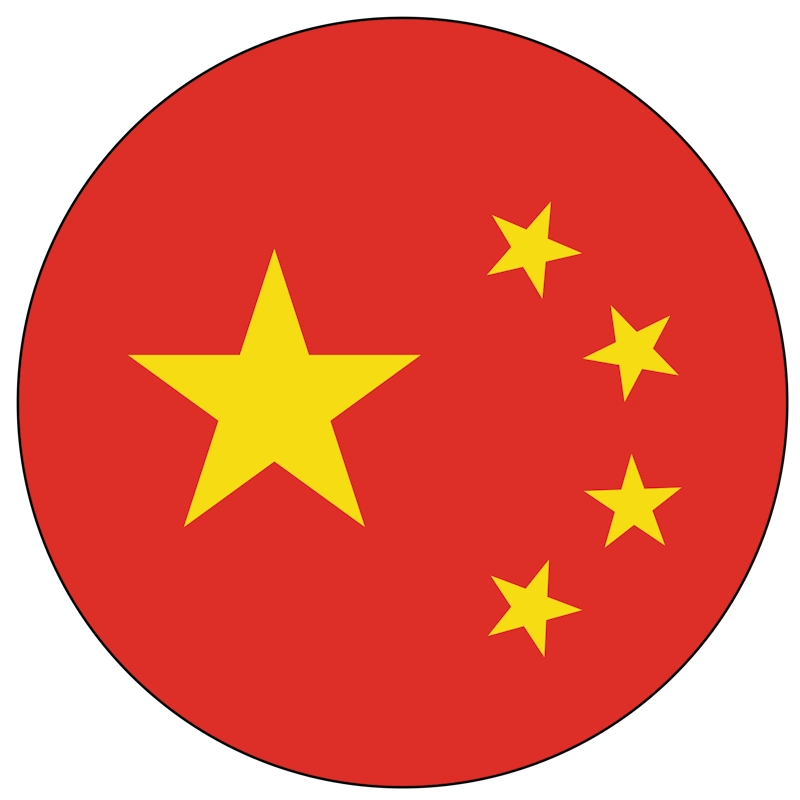 Chinese
Chinese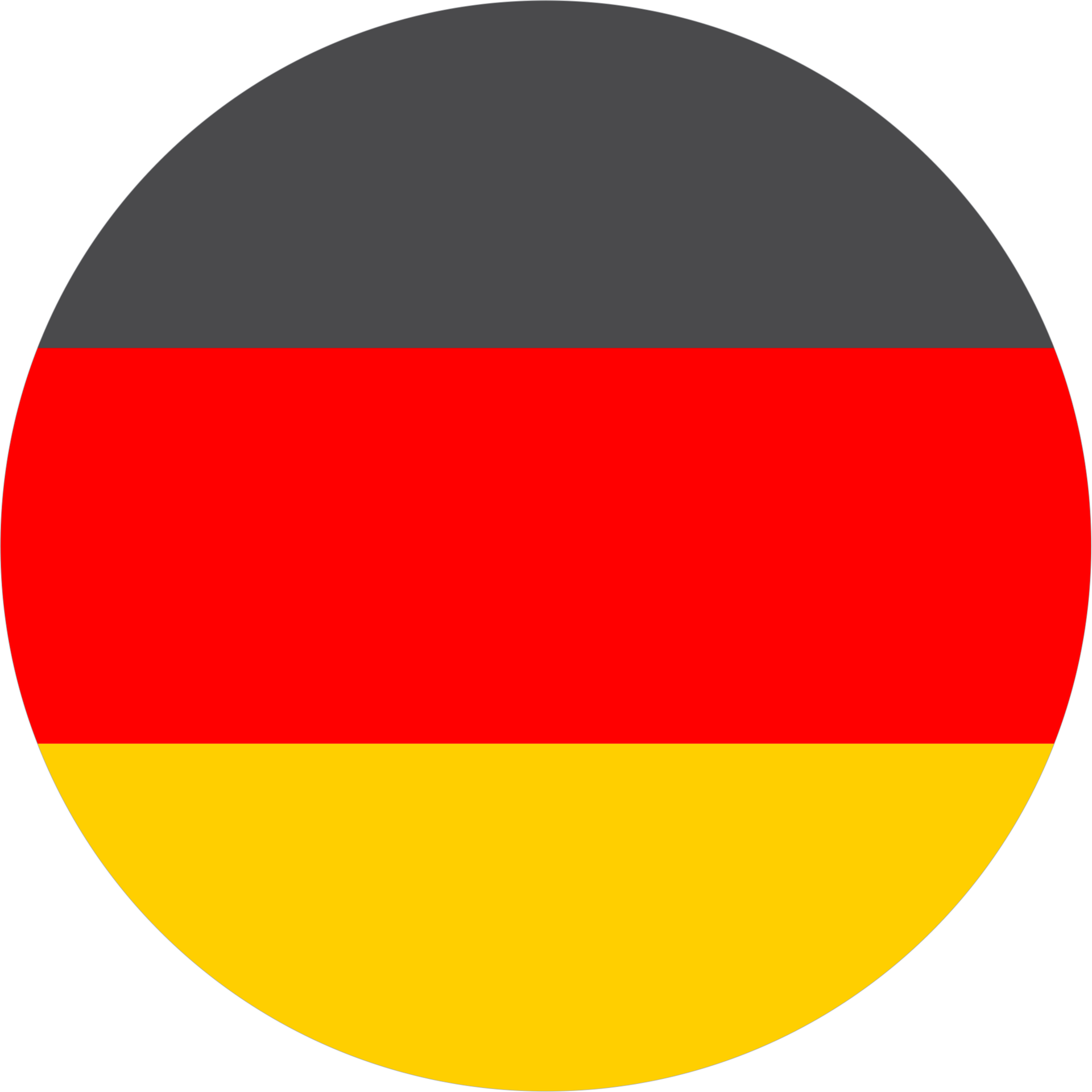 German
German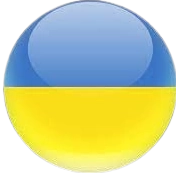 Ukranian
Ukranian Arabic
Arabic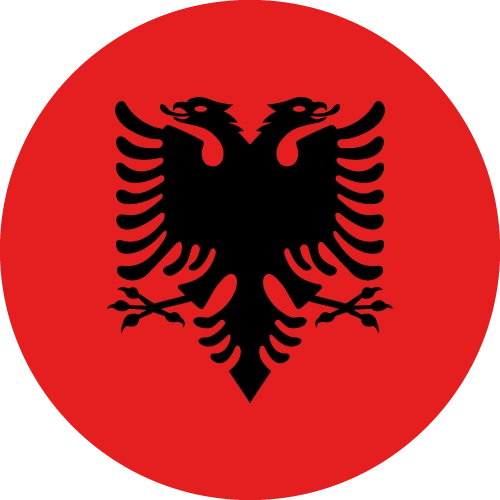 Albanian
Albanian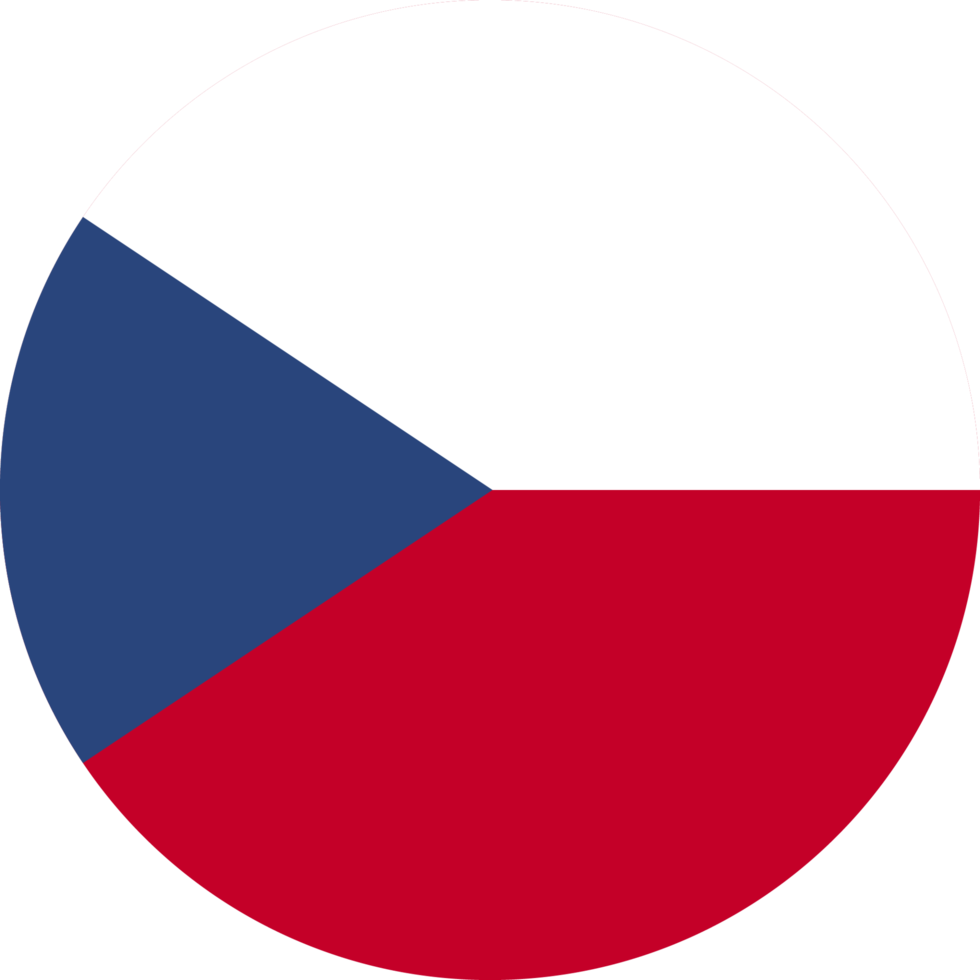 Czech
Czech Danish
Danish Dutch
Dutch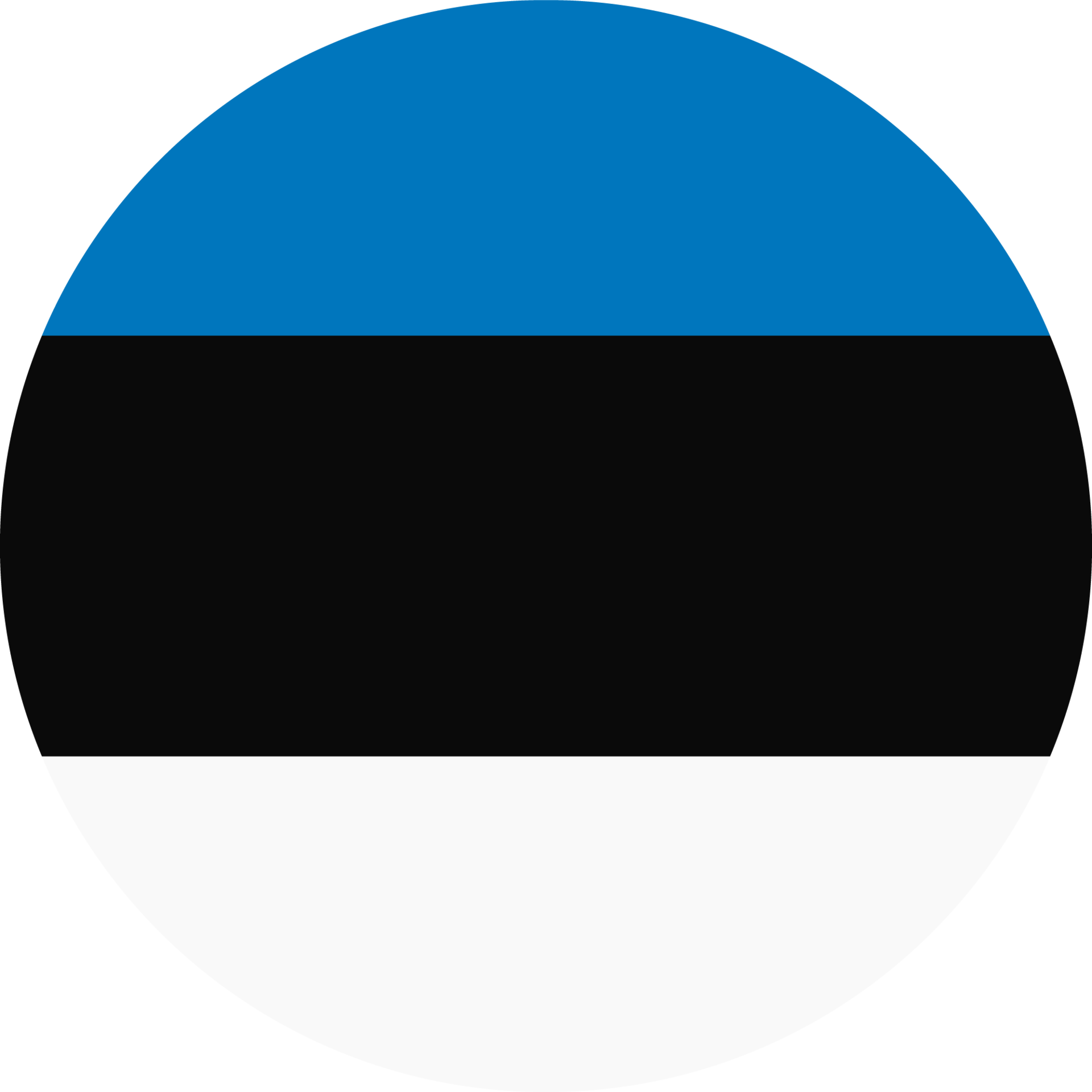 Estonian
Estonian Finish
Finish French
French Greek
Greek Roma (Gypsies)
Roma (Gypsies) Bulgarian
Bulgarian